 Welcome
Welcome
“May all be happy, may all be healed, may all be at peace and may no one ever suffer."
Cholera
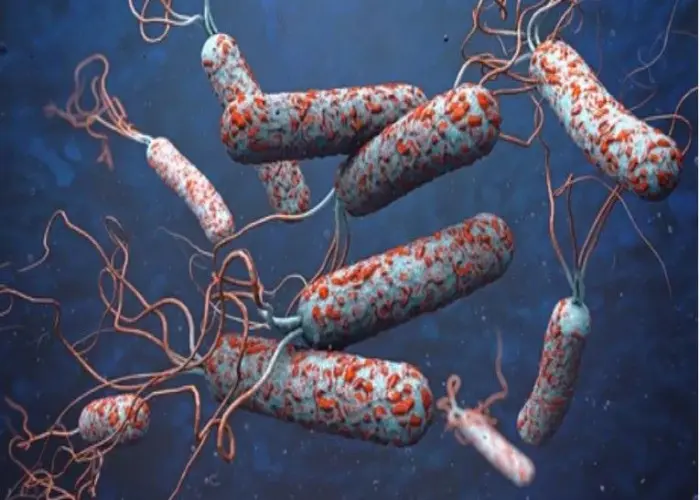
Cholera is a bacterial infection caused by the bacterium Vibrio cholerae. It is typically spread through contaminated water or food, and can cause acute watery diarrhea, vomiting, and dehydration. Cholera is most common in areas with poor sanitation and limited access to clean water, and it can be a life-threatening condition if not treated promptly. Treatment for cholera involves rehydration with oral or intravenous fluids, as well as antibiotics to kill the bacteria. Prevention measures include improved sanitation, safe food and water practices, and vaccination in high-risk areas.
Research Papers
Disease Signs and Symptoms
- Diarrhea
- Nausea or vomiting
- Dehydration
- A loss of 10% or more of body weight indicates severe dehydration.
- This is called an electrolyte imbalance.
- Muscle cramps
Disease Causes
Cholera
A bacterium called Vibrio cholerae causes cholera infection. The deadly effects of the disease are the result of a toxin the bacteria produces in the small intestine. The toxin causes the body to secrete enormous amounts of water, leading to diarrhea and a rapid loss of fluids and salts (electrolytes).
Cholera bacteria might not cause illness in all people who are exposed to them, but they still pass the bacteria in their stool, which can contaminate food and water supplies.
Contaminated water supplies are the main source of cholera infection. The bacterium can be found in:
- Surface or well water. Contaminated public wells are frequent sources of large-scale cholera outbreaks. People living in crowded conditions without adequate sanitation are especially at risk.
- Seafood. Eating raw or undercooked seafood, especially shellfish, that comes from certain places can expose you to cholera bacteria. Most recent cases of cholera in the United States have been traced to seafood from the Gulf of Mexico.
- Raw fruits and vegetables. Raw, unpeeled fruits and vegetables are a frequent source of cholera infection in areas where there's cholera. In developing countries, uncomposted manure fertilizers or irrigation water containing raw sewage can contaminate produce in the field.
- Grains. In regions where cholera is widespread, grains such as rice and millet that are contaminated after cooking and kept at room temperature for several hours can grow cholera bacteria.
Disease Prevents
Cholera
Cholera is rare in the United States with the few cases related to travel outside the U.S. or to contaminated and improperly cooked seafood from the Gulf Coast waters.
If you're traveling to areas known to have cholera, your risk of contracting the disease is extremely low if you follow these precautions:
- Wash your hands with soap and water frequently, especially after using the toilet and before handling food. Rub soapy, wet hands together for at least 15 seconds before rinsing. If soap and water aren't available, use an alcohol-based hand sanitizer.
- Drink only safe water, including bottled water or water you've boiled or disinfected yourself. Use bottled water even to brush your teeth.
- Hot beverages are generally safe, as are canned or bottled drinks, but wipe the outside before you open them. Don't add ice to your drinks unless you made it yourself using safe water.
- Eat food that's completely cooked and hot and avoid street vendor food, if possible. If you do buy a meal from a street vendor, make sure it's cooked in your presence and served hot.
- Avoid sushi, as well as raw or improperly cooked fish and seafood of any kind.
- Stick to fruits and vegetables that you can peel yourself, such as bananas, oranges and avocados. Stay away from salads and fruits that can't be peeled, such as grapes and berries.
Cholera vaccine
For adults traveling from the United States to areas affected by cholera, a vaccine called Vaxchora is available in the United States. It is a liquid dose taken by mouth at least 10 days before travel.
Several other countries offer oral vaccines as well. Contact your doctor or local office of public health for more information about these vaccines. Even with the vaccine, it's important to take the above precautions to prevent cholera.
Disease Treatments
Cholera requires immediate treatment because the disease can cause death within hours.
- Rehydration. The goal is to replace lost fluids and electrolytes using a simple rehydration solution, oral rehydration salts (ORS). The ORS solution is available as a powder that can be made with boiled or bottled water.
- Without rehydration, approximately half the people with cholera die. With treatment, fatalities drop to less than 1%.
- Intravenous fluids. Most people with cholera can be helped by oral rehydration alone, but severely dehydrated people might also need intravenous fluids.
- Antibiotics. While not a necessary part of cholera treatment, some antibiotics can reduce cholera-related diarrhea and shorten how long it lasts in severely ill people.
- Zinc supplements. Research has shown that zinc might decrease diarrhea and shorten how long it lasts in children with cholera.
Disease Diagnoses
Disease Allopathic Generics
Disease Ayurvedic Generics
Disease Homeopathic Generics
Disease yoga
Cholera and Learn More about Diseases
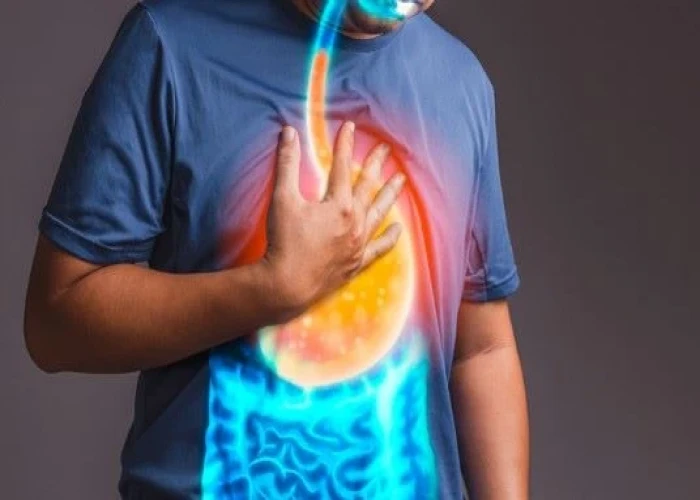
Rumination syndrome
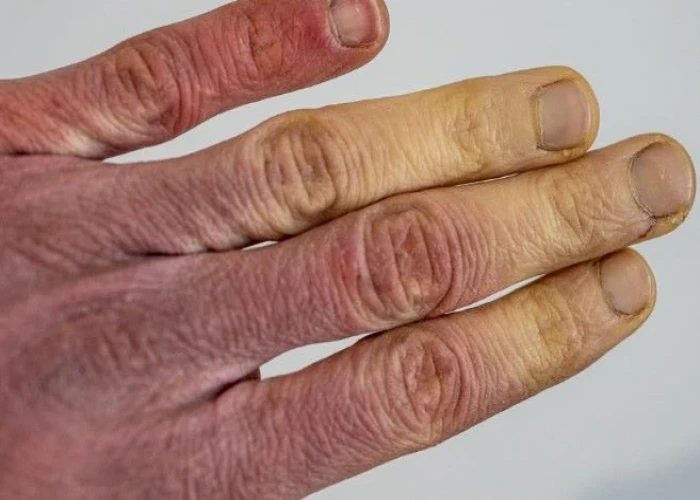
Raynaud's disease

Sciatica

Elevated blood pressure
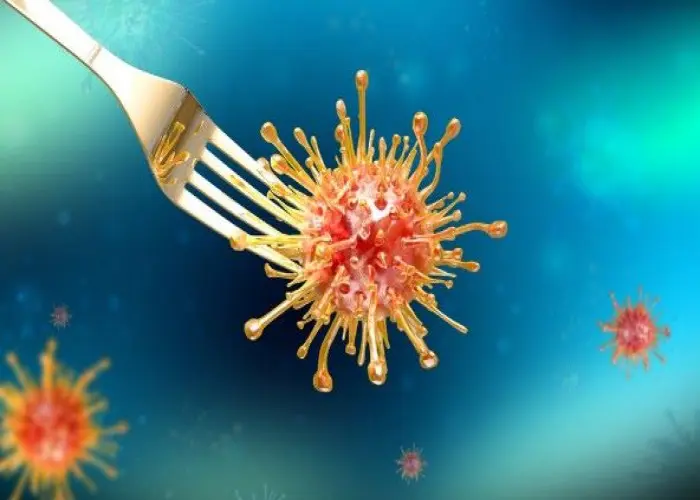
Food poisoning

Trigger finger
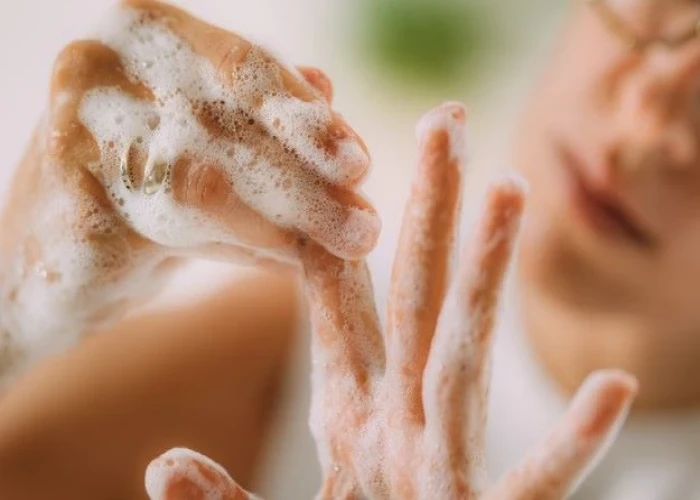
Obsessive-compulsive disorder (OCD)

Systemic capillary leak syndrome
Cholera, Vibrio cholerae, Cholera treatment, কলেরা
To be happy, beautiful, healthy, wealthy, hale and long-lived stay with DM3S.
